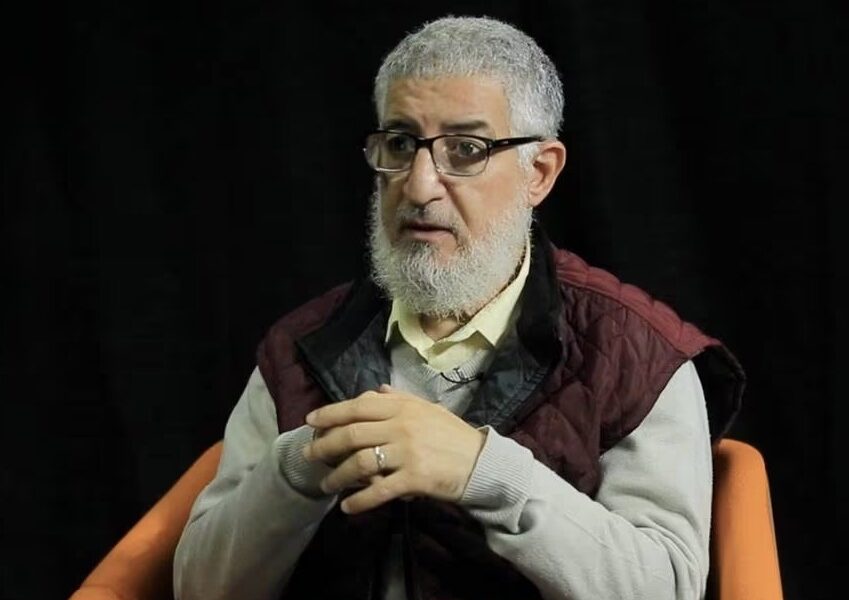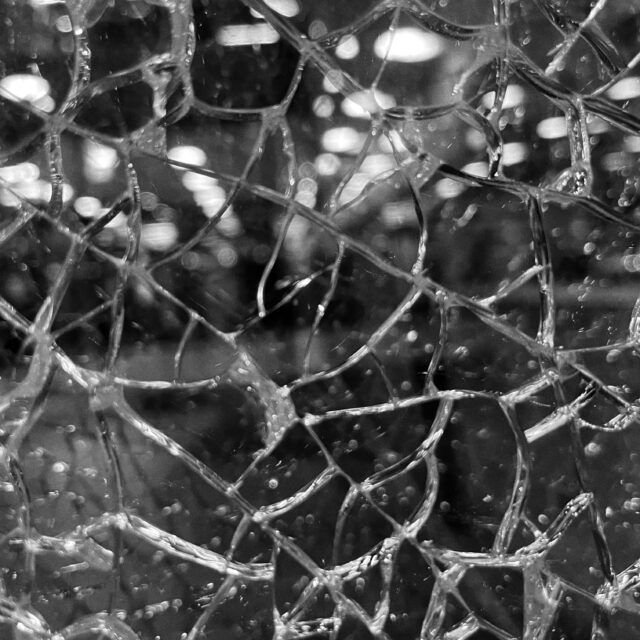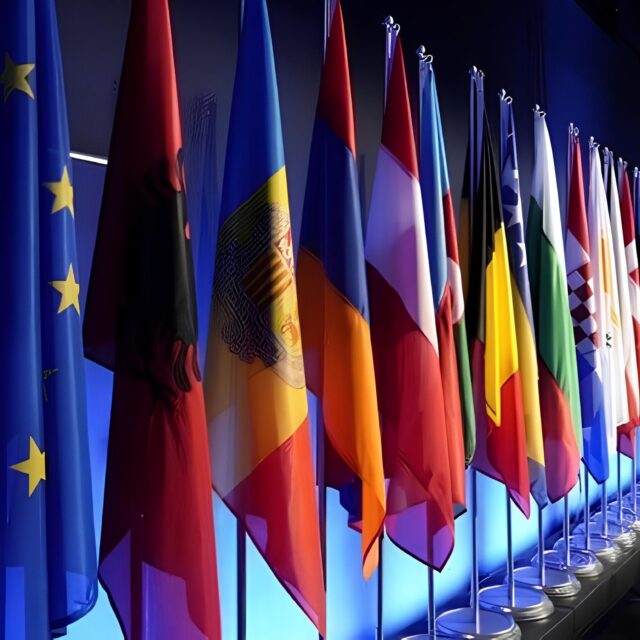Photo by Hamza Bouchikhi on Unsplash
On 16 May 2003 the deadliest terrorist attacks in Morocco’s history took place in Casablanca, claiming the lives of 33 people and injuring at least a 100 more. One of the terrorists convicted of involvement with the attacks was Ali Aarrass, a Belgian citizen, who was sentenced to 12 years in prison after the attacks on 16 May for his proven links with a terrorist cell and for arms trafficking. Free since the beginning of April 2020, after serving his sentence, Ali Aarrass returned to Belgium three months later and began a campaign protesting his innocence, supported by a Belgian apologist Luk Vervaet.
In a video published on his YouTube account, Abderrazzak Soumah, former leader of the so-called Mujihadeen Movement in Morocco has refuted the allegations of Vervaet and Aarrass. Soumah presents a perspective, based on his actual experience and knowledge within the terrorist movement to which they both belonged since 1981. Soumah has long since repented of his involvement with the movement, and is a reformed man.
Soumah disputes Aarrass’s claims of innocence, stating that he and Aarrass were active members of the “Mujihadeen Movement in Morocco.” Soumah maintains that Aarrass engaged in criminal activities, including arms trafficking, which contradicts the victim image Aarrass has tried to project. He criticises Vervaet for perpetuating what he considers to be lies and for manipulating public opinion both in Morocco and in Europe. He directly challenges the narratives that present Aarrass as a victim.
With his insider experience from within the “Mujihadeen Movement in Morocco”, he gives a detailed account to clarify what he considers to be manipulations in public opinion. He insists that Aarrass was an active member of the movement, directly involved in operations including arms trafficking and planning terrorist activities. Soumah also addresses the allegations of torture made by Aarrass, suggesting that these are defence tactics used to distract from his proven crimes.
The case remains a controversial chapter in the history of Morocco for which the memory of the victims of the Casablanca atrocity deserve final closure.




